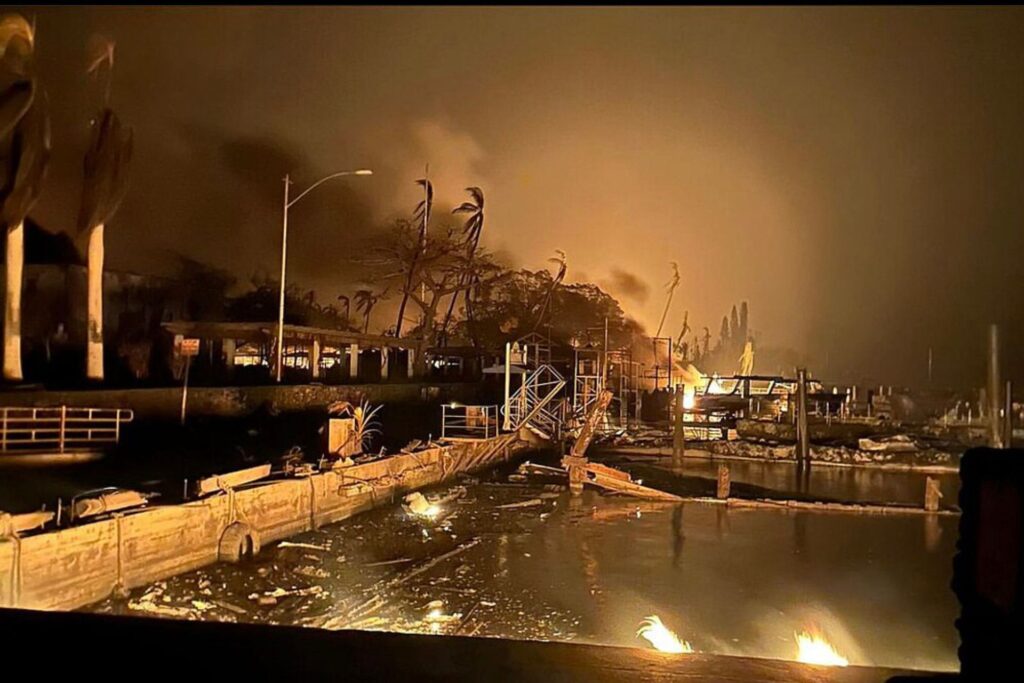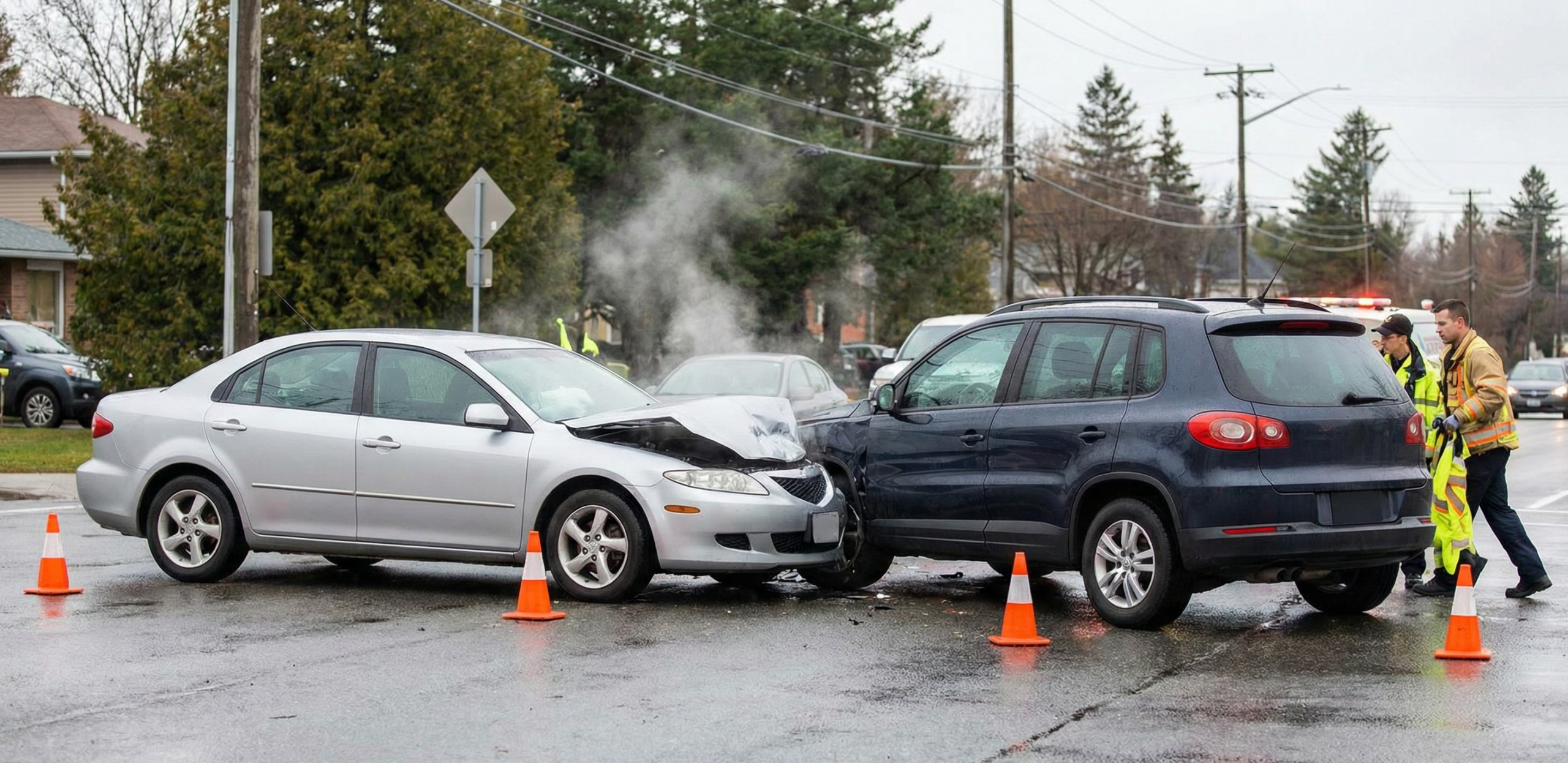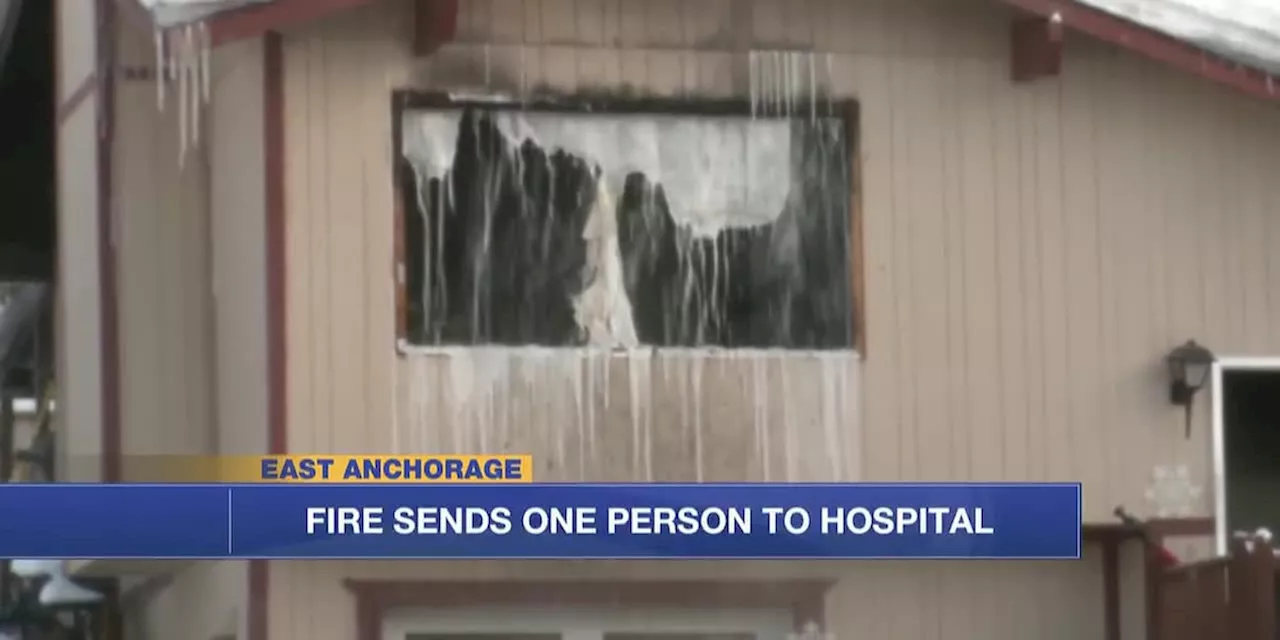
UPDATE: New research reveals the devastating impact of the August 2023 wildfires in Maui, Hawaii, confirming that the death toll dramatically exceeds official counts. Researchers published findings on August 22 in the journal Frontiers in Climate, indicating more than 80 additional deaths occurred due to indirect consequences of the fires, marking a staggering 67% increase in the local mortality rate for that month.
Just days after the wildfires ignited by downed power lines, the town of Lahaina was ravaged, displacing thousands and killing over 100 people. Researchers calculated the all-cause excess fatality rate, revealing that during the deadliest week of the blaze, the local death rate surged to a shocking 367% above expected levels.
The study underscores the urgent need for improved disaster preparedness, particularly strategies that integrate Native Hawaiian ecological knowledge. Co-first author Michelle Nakatsuka, a medical student at New York University, emphasized the importance of understanding the broader impact of such disasters. “The official numbers mostly count direct causes, like burns or smoke inhalation,” she stated. “Excess deaths capture the true toll by showing how many more people died than would have otherwise been expected.”
Officials warn that wildfires can lead to indirect fatalities, particularly when access to medical care is compromised. As clinics shut down and roads become impassable, vulnerable populations—including the elderly and people of color—face heightened risks. Stress, displacement, and delayed emergency responses exacerbate chronic health conditions.
The research team was taken aback by the scale of excess mortality, noting that the proportion of deaths occurring outside medical settings rose from 68% in prior months to 80% in August 2023. This suggests many individuals were unable to seek help due to the fires. Nakatsuka explained, “While we anticipated an increase in excess deaths, seeing more than 80 additional deaths in the month of the Lahaina fires was striking.”
Despite the findings, Nakatsuka pointed out that the study has limitations. It does not specify which deaths were directly caused by the fires and calls for further research to analyze death records alongside medical and toxicology reports to better identify causes of death.
These alarming statistics highlight the urgent need for improved disaster response measures. Nakatsuka advocates for integrating Indigenous practices that focus on environmental stewardship, stating, “Native Hawaiian practices, which include restoring native plants and managing water resources, can help reduce fire risk.”
What’s Next: As authorities grapple with the aftermath of the wildfires, experts urge immediate action to enhance disaster preparedness and community resilience. The findings serve as a critical reminder of the ongoing impact of climate change and the necessity of centering community voices in disaster prevention and recovery efforts.
This research not only sheds light on the tragic toll of the Maui fires but also emphasizes the broader implications for disaster management strategies worldwide.





